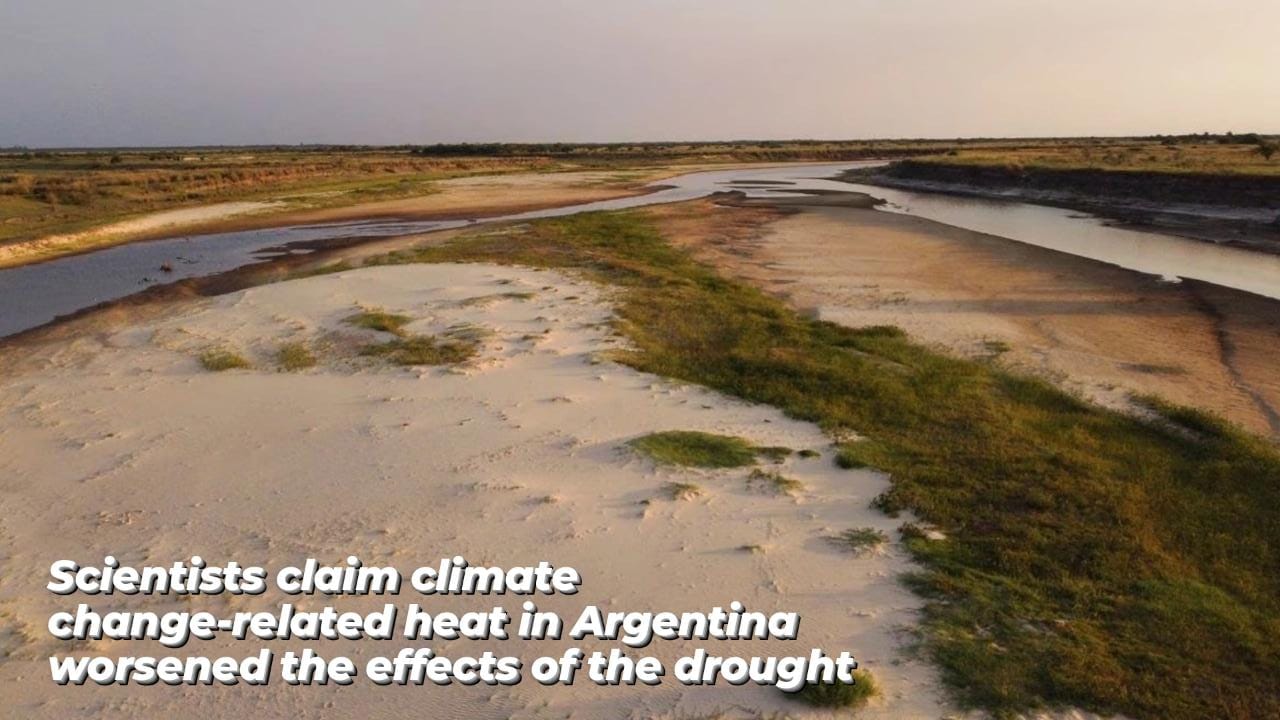
According to a report released on Thursday by scientists, Argentina’s extreme high temperatures linked to climate change have made the country’s historic drought, which has affected its agricultural regions since last year, worse.
Rapid analysis revealed that climate change did not directly cause rainfall to decrease, but that high temperatures most likely reduced water availability and exacerbated the effects of drought, according to scientists with the World Weather Attribution (WWA) group.
The country, which is the world’s top exporter of soy oil and meal and the No. 3 for corn, has seen severe damage to its soy, corn, and wheat crops, which has caused sharp reductions in harvest forecasts. Uruguay, a smaller neighbour, has also experienced drought.
The lack of rain is related to the La Nia climate phenomenon, which causes the equatorial Pacific to cool and reduce rainfall in some areas of Argentina. The extreme temperatures are a result of global warming, according to WWA scientists.

Post Your Comments